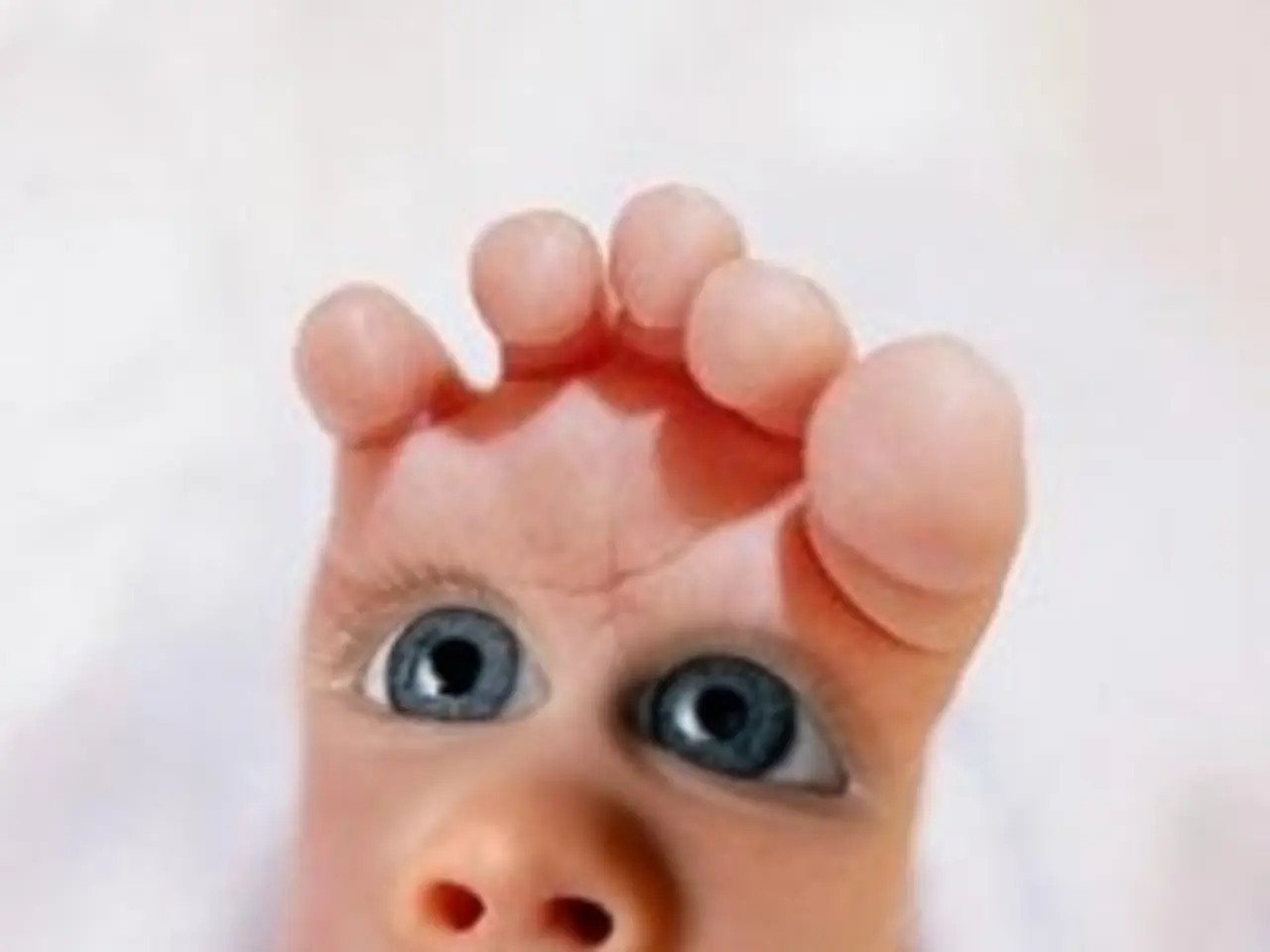Study Reveals Causes and Effects of Inferior Rectus Muscle Issues
A recent study has shed light on the causes and effects of issues with the inferior rectus muscle, a key player in eye movement. This muscle, located within the orbit, controls downward and inward eye movements. Its motor functions are supplied by the oculomotor nerve. Disruptions to this muscle can cause the eye to be displaced downward and rotate the top of the eye away from the nose.
Damage to the oculomotor nerve, known as oculomotor nerve palsy or oculomotor neuropathy, can affect the inferior rectus muscle and impair eye movement. This condition can be caused by a variety of factors, including vascular ischemia, often due to diabetes or hypertension, trauma, compressive lesions like aneurysms or tumors, inflammatory or infectious diseases such as Lyme borreliosis, and less frequently, toxins or metabolic disorders. Autoimmune conditions and nerve inflammation can also play a role.
While surgery can help raise the eyelid and focus the eye forward, it does not fully restore normal eye movement. This condition can also be linked to other health issues like diabetes, heart disease, and atherosclerosis.
Understanding the causes and effects of inferior rectus muscle issues is crucial for effective diagnosis and treatment. Further research is needed to explore potential therapies that could fully restore normal eye movement in those affected by oculomotor nerve palsy.





